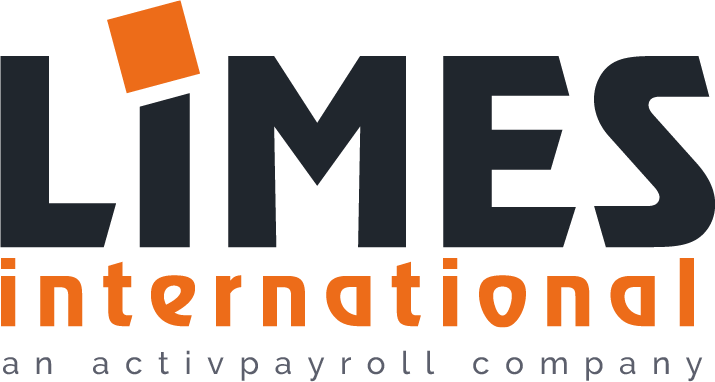Recently the Dutch Court of Appeal ruled, in line with the view of the Dutch tax inspector, that the work-related cost scheme can not be applied to bonus shares received by the employee for free. A similar reasoning can be applied to other types of remuneration that are of an exclusive remunerative character, like cash bonuses, holiday pay or a 13th month payment. Based on this ruling we recommend that you carefully review the positions taken in the past on the scope of application of the work-related cost scheme. If you have applied the work-related cost scheme to remunerate your employees such remuneration could be subject to scrutiny by the tax inspector, especially if the amount exceeds the threshold of EUR 2,400 per employee.
The work-related cost scheme was introduced back in 2011 which served to replace the legal framework of exempt reimbursements and allowances. During the years 2011 up to 2015 both regulations could be applied at the discretion of the employer. As from 2015 the work-related cost scheme is mandatory for all Dutch employers.
Under the application of the work-related cost scheme employers can use up to 1.2% of the sum of the wages of the company for tax free expenses for their employees, the so-called ‘discretionary margin’. Not all types of allowances or reimbursements are charged against this discretionary margin as there are exemptions and specific valuation rules. To the extent that the sum of the allowances and reimbursements, taking into account the exemptions and specific valuation rules, exceed the discretionary margin an employers levy is due at a rate of 80%.
This 80% rate is lower than the gross-up rate that applies for employees that are taxed in the highest tax bracket (i.e. 108.1% in 2018). This means that the work-related cost scheme enables employers to achieve a reduced tax rate on allowances and reimbursements.
The employer in this specific court case introduced a share participation plan for its employees. Part of the share participation plan consisted of the receipt of bonus shares by the employees free from tax. So it was a net grant and therefore needed to be grossed up in the payroll of the company. Instead of grossing it up against the individual tax rates of the respective employees, resulting in a gross-up rate of 108.3% for the years concerned, the employer applied the work-related cost scheme enabling the employer to apply the 80% rate.
The tax inspector denied the application of the work-related cost scheme to the bonus shares as it could neither be considered in line with common practice nor is the work-related cost scheme meant to cover elements that are of an exclusive remunerative character. The Court of Appeal ruled in favor of the tax inspector. This ruling is criticised in Dutch tax literature so the question remains if the Dutch Supreme Court will follow the ruling of the Court of Appeal.


